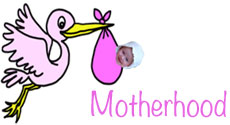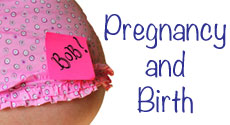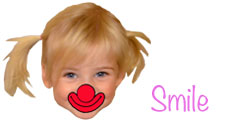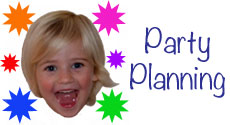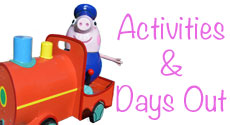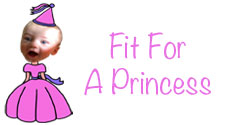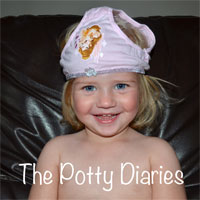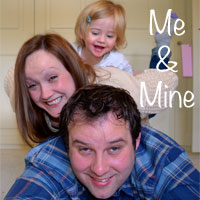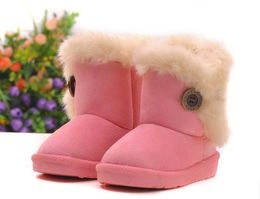Your garden may be the perfect place for you to relax and enjoy the sun or pass your time tending your plants, but for a child it is a surprisingly dangerous place. According to the Child Accident Prevention Trust’s website 160,000 children visit a hospital every year as a direct result of being injured in a garden. This is a frightening statistic, and if you don’t want your children to be a part of it you should look at the suggestions below.
Play Areas
If you have a play area, you should make sure that it is in a suitable position, and that means avoiding concrete and tarmac. You need to use a grassed area, deep bark, or a bought surface; basically, anything that will give a soft landing. Any play equipment should be secured to the floor and checked regularly, and are suitable for your child’s age group. One last thing about play areas, their position should be planned so that a large part of the day is spent in the shade, the sun can have harmful effects on your children so try to keep them out of it.
Garden Equipment
All of your garden equipment should be stored in a secure area, which should ideally be a lockable shed or outhouse. Hoses that are not stored inside should be coiled and kept off the floor, and if you are gardening while your children are playing you should never leave machinery or tools unattended.
Ponds
It goes without saying that ponds can be dangerous for children. Ponds should have strong netting fitted over the top, and children should be discouraged from going anywhere near them unless supervised by an adult.
Slippery Surfaces
If you have concrete or wood surfaces in your garden, you need to clean them regularly to remove and algae or moss. Good quality high pressure cleaners like the ones available at karcher.co.uk, make the cleaning an easy job, and will stop your children from slipping and possibly breaking a bone.
Chemicals
All of your chemicals should be put into childproof containers, and stored somewhere that your children cannot get to them. Ideally, this will be in a locked shed, but if that is not available, they should be placed on a high shelf
Plants
You should be selective about the plants you use in a garden to make it child friendly, and a little research or knowledge on your part should ensure there is nothing that can be dangerous growing in your garden. It is important to know that berries like Ivy berries are poisonous, but you should also know which plants can cause skin irritations and rashes too.
Animal Droppings
If you have a pet, or a cat that wanders through your garden, make sure that you clean the garden before your children start to play in it. Toxoplasma Gondii is a parasite that lives in cat faeces, and Leptospirosis can be spread from dog or cat faeces, and both can be deadly; so make sure your garden is regularly cleaned throughout the year.
Fences
Once you have made your garden child safe, you’ll want to ensure that they cannot wander outside it and risk getting hurt. Your garden should have a fence that will keep your children safely inside, with a secure gate that only you can open. Fences completely surrounding your garden will prevent your child running out of sight, and these should be regularly maintained to make sure there are no splinters, harmful rough surfaces, or broken panels or posts to injure your child.
Your garden can be the ideal place for your child to play. It is close to home, you can manage who is in it, and you control the facilities. These suggestions will hopefully help give you piece of mind that your child is safe in this environment.
Written by Laura Tolentino.
Laura is passionate about blogging. She writes for several blogs online.





